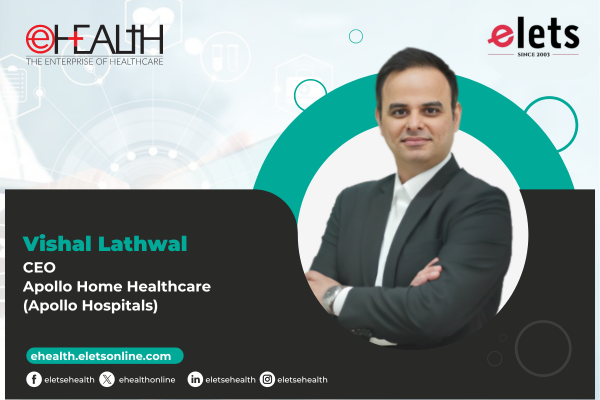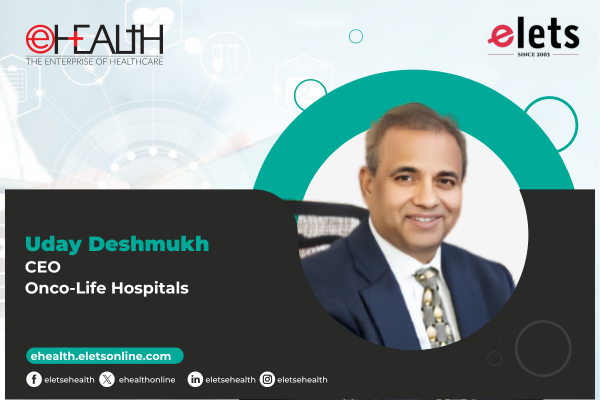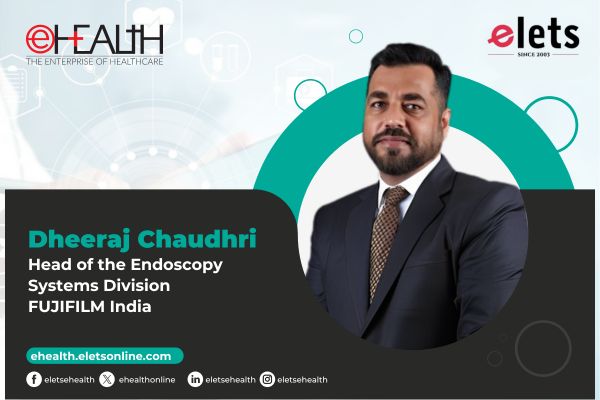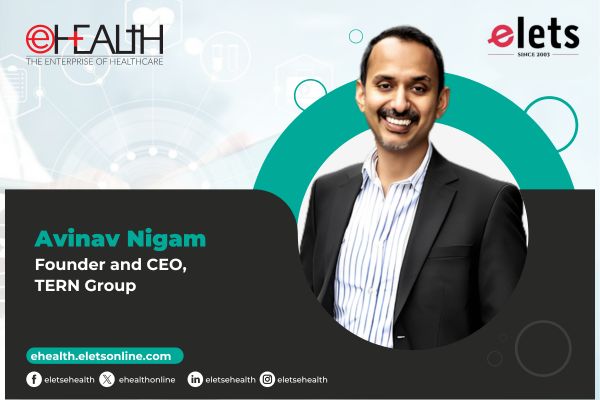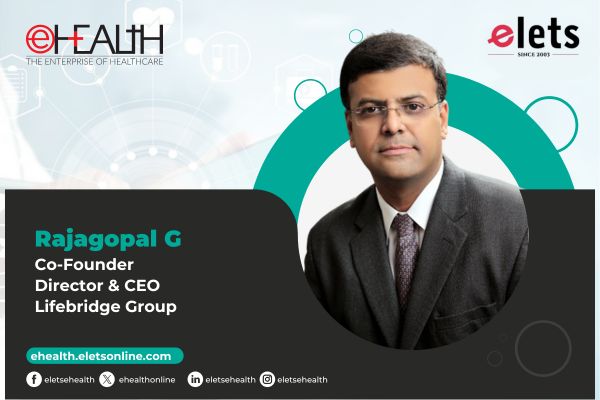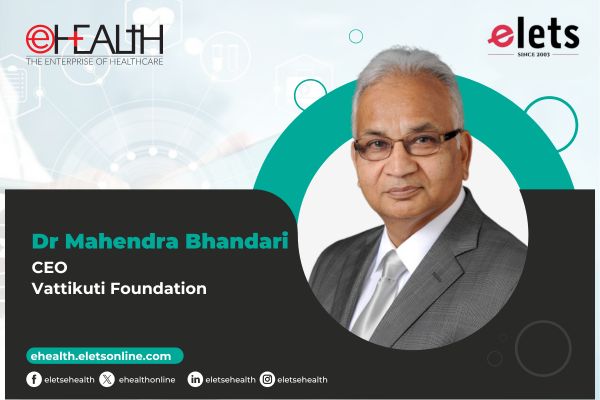
Anand K, CEO, SRL Diagnostics elucidated to Prathiba Raju about how National Digital Health Mission (NDHM) needs to focus more on diagnostics and informs that a nationwide testing ecosystem is a pre-requisite for the correct medical diagnosis and treatment
What are the major challenges the ambitious National Digital Health Mission (NDHM) will need to tackle initially? How will this mission revolutionize healthcare in India?

The COVID-19 has revealed the need for a strong three-tier integrated healthcare system, which is accessible to the masses at an affordable cost. The speed, accuracy, and quality of healthcare delivery are all highly important factors. Towards that direction, the National Digital Health Mission – a unique initiative where every Indian will get a new Aadhaar-like health ID that will store the individual’s medical records, including doctor visits, diseases, the line of treatment, and drugs are taken – is an essential move initiated by the Central Government. This can indeed become a game-changer in ensuring greater inclusivity, efficiency, and transparency in the healthcare sector. Also, this will make healthcare services more flexible, accessible, and affordable to the masses. It will help clinicians know patient history well and help them make a better diagnosis. However, for the system to be successful, there has to be a really strong digital infrastructure across India connecting village to village, city to city. There’s considerable time for the 5G to be rolled out, and India is still not well connected with 3G and 4G capabilities. The NDHM will also need to ramp-up healthcare infrastructure, which will need more public healthcare spending than the current one percent.

The NDHM would need a very strong central platform connecting 1.3 billion Indians together. This system would need the World’s best Data Security system in place because a compromise on health data of the scale and size can lead to grave consequences for the entire nation. Having something like the Data Protection Act in place is also essential, or else the digital health ID will be of limited use. Amidst all these points of NDHM, a highly crucial aspect is yet to get due attention – The Diagnostics. While it is already being discussed how telehealth services and pharmacy will be integrated with the system, the focus is somewhat lacking in diagnostics. Around 70 percent of healthcare decisions are based on diagnostic results. Therefore, it is imperative that even for a simple consultation on telehealth, there is a supportive network of diagnostic labs. A nationwide testing ecosystem becomes a pre-requisite for the correct medical diagnosis and treatment. With these elements in place, the National Digital Health Mission is bound to be a life-changing factor for the entire country and a one of a kind model for the world.

Also read: NDHM: Over 1 lakh health IDs created within one month

What are the potential pitfalls of digitisation of health data that must be addressed before moving ahead?
The digitisation of health data has several benefits and has the common man as its biggest beneficiary. The data can be used from rolling out various public health policies to guiding the insurance sector to create more customized plans and packages and help India in achieving Universal Health Coverage. However, the biggest potential pitfalls in this move could be the lack of a really upgraded legal framework covering new age digital technologies and an effective grievance redressal mechanism.
Data security is another major aspect of the digitization of health records. Undoubtedly, the protection of patient data in this scenario is not only an individual concern but is of national importance. The health data of the entire country is highly sensitive information which can in fact become a matter of national security. We still don’t have much idea of the extent to which the data can be misused if in the wrong hands. India still has been debating the Draft Personal Data Protection Bill for the past two years, while digital technology is evolving every month. It is therefore needed that the Government not only invests heavily in the security of health systems but also in the privacy of personal health records.
Why do you think creating electronic health records similar to UID (Aadhaar) is necessary?
No doubt, Aadhaar will be at the center of building the digital health mission, but it is most advisable that the two systems are kept separate so that data security is not compromised. Aadhaar was introduced in the system with an aim to provide and deliver public benefit schemes to the masses and hence it will be optional to link Health ID with the Aadhaar card if the person wishes to avail any government-linked subsidy scheme or direct cash transfer benefits. Stressing the Aadhar system by merging the two would not serve the purpose while rather overburden the system. The Supreme Court directions are very clear that Aadhaar can’t be used for any specific purpose. Additionally, it’s not aligned with the Aadhaar Act also.
Having a separate health identity will only help build a clearer, dedicated, and transparent system. The unique medical identity, provided under the scheme to every patient, is expected to improve efficiency and cut down hospital paperwork for new patients. The ID will show up their previous medical history, prescriptions, diagnostic reports, allergic history, and summaries of previous discharge from hospitals and the treatment they were provided at district and block level healthcare centres. This digital database will be linked to the registry of doctors and health facilities across the country.
Be a part of Elets Collaborative Initiatives. Join Us for Upcoming Events and explore business opportunities. Like us on Facebook , connect with us on LinkedIn and follow us on Twitter , Instagram.
"Exciting news! Elets technomedia is now on WhatsApp Channels Subscribe today by clicking the link and stay updated with the latest insights!" Click here!






